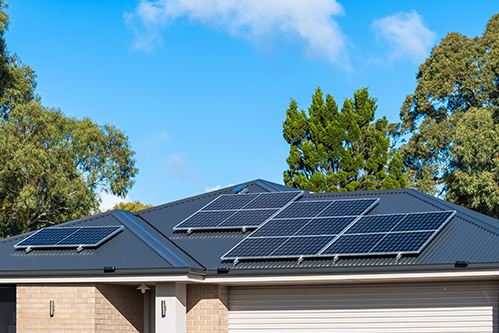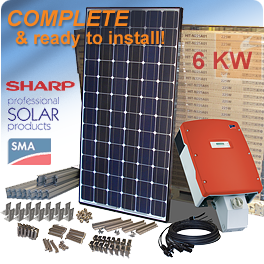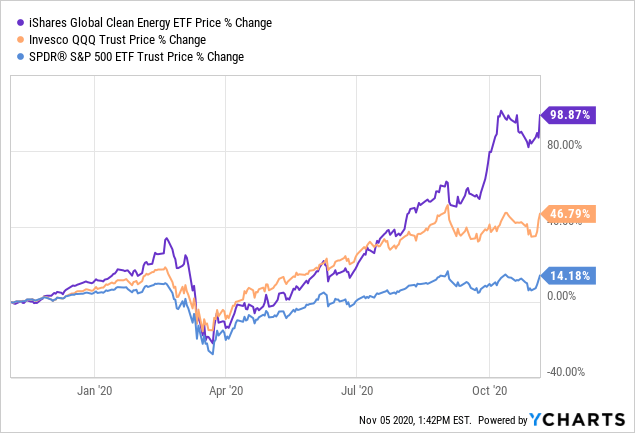
Solar panels can be a great way to increase your home's value. You could get $8,500 back if you invest $12,000 in solar panels for your home. That's an average return of 4.1% and is higher in some states. You might be wondering whether solar panels are worth the investment. Keep reading to find out more about the benefits and drawbacks of solar panels for your home.
Installing solar panels
Installing solar panels is expensive. The solar module is often the largest component of total cost. Savings can also be determined by the system's size. You can save more money if your solar panels produce more energy.
Installing solar panels can cut down your carbon footprint while saving you money on your electricity bill. Depending on the location and the use, the average home solar PV system could save you between 1.3 and 1.6 tonnes of CO2 per year. Installed solar panels will seamlessly switch between your National Grid and solar panel systems, eliminating interruptions to your electricity supply.

Savings
Solar panels do more than produce electricity. Solar panel installations can reduce your energy bills. Solar panels can help you save around $1,060 annually on your electricity bills. If power disruptions are frequent, a solar panel system could also be used to backup your generator.
Solar panels can help you save money. This depends on many factors such as how much direct sun you get every day. Your roof conditions and the size of your solar array are also important. Your local electricity rates will be the biggest factor in your savings.
Costs
Solar panels cost vary depending on how many are installed. The total cost of solar panels is broken down into two parts: the hard and the soft. Soft costs include labor and installation costs. Hard costs include permits and taxes. Both the hard and soft costs are subject to change depending on the size, type, and design of your solar panel system. Hard costs are generally less than soft costs and can vary depending on where you live.
Depending on the size and brand of the system, solar panels can cost anywhere from $2.25 to $4 per Watt. The US solar panel cost per watt is about $2.5-$4. The cost of installation can be offset by a solar tax credit up to 26 percent

Return on investment
You need to take into consideration several factors when calculating your return on investment. First, it is important to determine the energy costs in your region. The solar panel can supply you with energy for up to 10 years. You must calculate how much energy you will save each year. Another factor is your state's policies and incentives, such as incentives and rebates. You can compare quotes from several companies to help you choose the right option for your budget and needs.
Second, consider the performance of your solar panels. Solar panels can lose as much as 0.5% to 1.5% of their annual output annually. This degradation should be accounted for in your ROI calculation, and you should aim to obtain at least 80% of your initial output. In other words, if you purchase a 300-watt panel, you should expect to generate only 240 watts at the end of its lifespan.